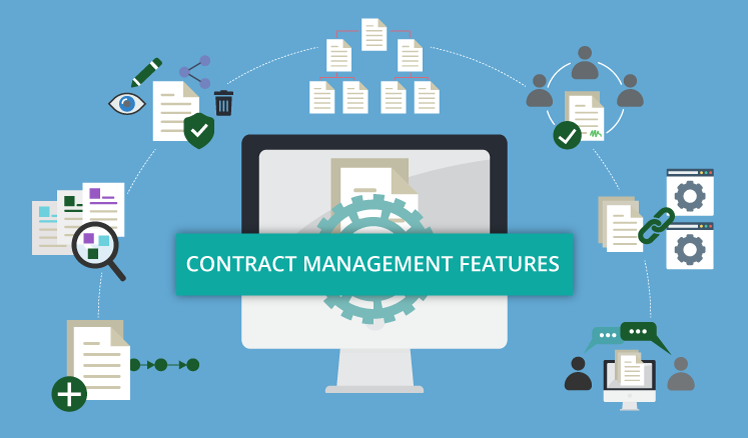Business disputes can arise from a wide variety of situations, ranging from contractual disagreements to employment issues. No matter what the cause, resolving them quickly and efficiently is essential for keeping your business’s operations functioning smoothly. Experts like Carlos Urbaneja in Miami, FL, will cover some of the most effective strategies for resolving business disputes.
Negotiation
Carlos Urbaneja says one of the first steps in dispute resolution is negotiation. Negotiations involve each party outlining their interests and reaching an agreement that satisfies both parties’ needs. It is important to note that talks should be conducted respectfully and professionally to ensure the best possible outcome. Additionally, it is crucial to create an environment where both sides feel comfortable speaking openly about their interests and concerns. This will allow you to find creative solutions that may have yet to be considered.
Negotiation can involve the use of third-party mediators. Mediation is a process in which an impartial mediator helps both sides agree. Mediators can provide valuable insight into the issues and help each side better understand their counterparts’ positions. This can be particularly helpful in resolving complex disputes.
Mediation
Mediation is another effective strategy for resolving business disputes. Mediation involves a neutral third-party mediator who facilitates communications between the two parties involved in the conflict. The mediator works with both sides to help them identify areas of agreement, reach compromises, and devise mutually beneficial solutions acceptable to all parties involved. The mediator acts as an impartial source of guidance which can help keep communication open without taking sides or advocating for any party’s position over another’s.
Litigation
If negotiations and mediation fail to resolve the dispute, then litigation may be necessary. Litigation involves legal action against another party, such as filing a lawsuit or seeking an injunction (an order from a court requiring someone to do something or stop something). It is important to note that litigation should always be seen as a last resort as it can be time-consuming and costly—both financially and emotionally—for all parties involved. It may also damage relationships between those involved in the dispute, which could have long-term implications on future business dealings with those individuals or organizations.
When To Seek Professional Help
Carlos Urbaneja says if you find it challenging to resolve a business dispute on your own, it may be time to seek professional help. An experienced dispute resolution attorney can provide legal guidance and advice that could help you reach an agreement more quickly and efficiently. In addition to providing advice, these trained professionals can also represent your interests in any negotiations or mediation that may be necessary.
It is important to remember that disputes are inevitable but can be managed effectively with the right strategies. Using negotiation, mediation, and litigation (as a last resort), you can help ensure that any business disputes are resolved quickly and efficiently to maintain positive relationships with colleagues and customers. Additionally, seeking professional help from a trained dispute resolution attorney can be invaluable in helping you quickly agree.
Why Is It Important to Resolve Business Disputes?
Resolving disputes quickly and efficiently is essential for successful organizations. Unresolved conflicts can lead to prolonged disagreements, or even legal action, resulting in disrupted workflows and an impact on customers and suppliers.
Taking the necessary steps to resolve business disputes can maintain strong relationships with customers and suppliers while avoiding costly legal fees and reputational damage. Additionally, proactively addressing conflicts helps ensure business operations run smoothly and efficiently without disruption.
What If A Dispute Can’t Be Resolved?
Carlos Urbaneja says in some cases, a business dispute might not be able to be resolved through negotiation or mediation. If this is the case, litigation may need to be considered a last resort. It is important to note that litigation should always be seen as a last resort because it can be both time-consuming and costly. It may also damage relationships between those involved in the dispute, which could have long-term implications on future business dealings with those individuals or organizations.
Therefore, it is important to exhaust all other options before considering litigation to resolve a business dispute. Using negotiation and mediation techniques can help facilitate open communication that could lead to mutually beneficial agreements. Additionally, seeking professional help from an experienced dispute resolution attorney can be invaluable in helping you quickly agree.
Final Thoughts
No matter what kind of dispute arises within your business, it is essential to take steps toward resolving it quickly and efficiently to maintain operations and good working relationships between the parties involved. Negotiation, mediation, and litigation are three strategies you can use to resolve business disputes; however, you must assess each situation individually before deciding which course of action would best suit your particular scenario. With these tips in mind, you will be better equipped when faced with any tricky business disputes in the future!








Add Comment